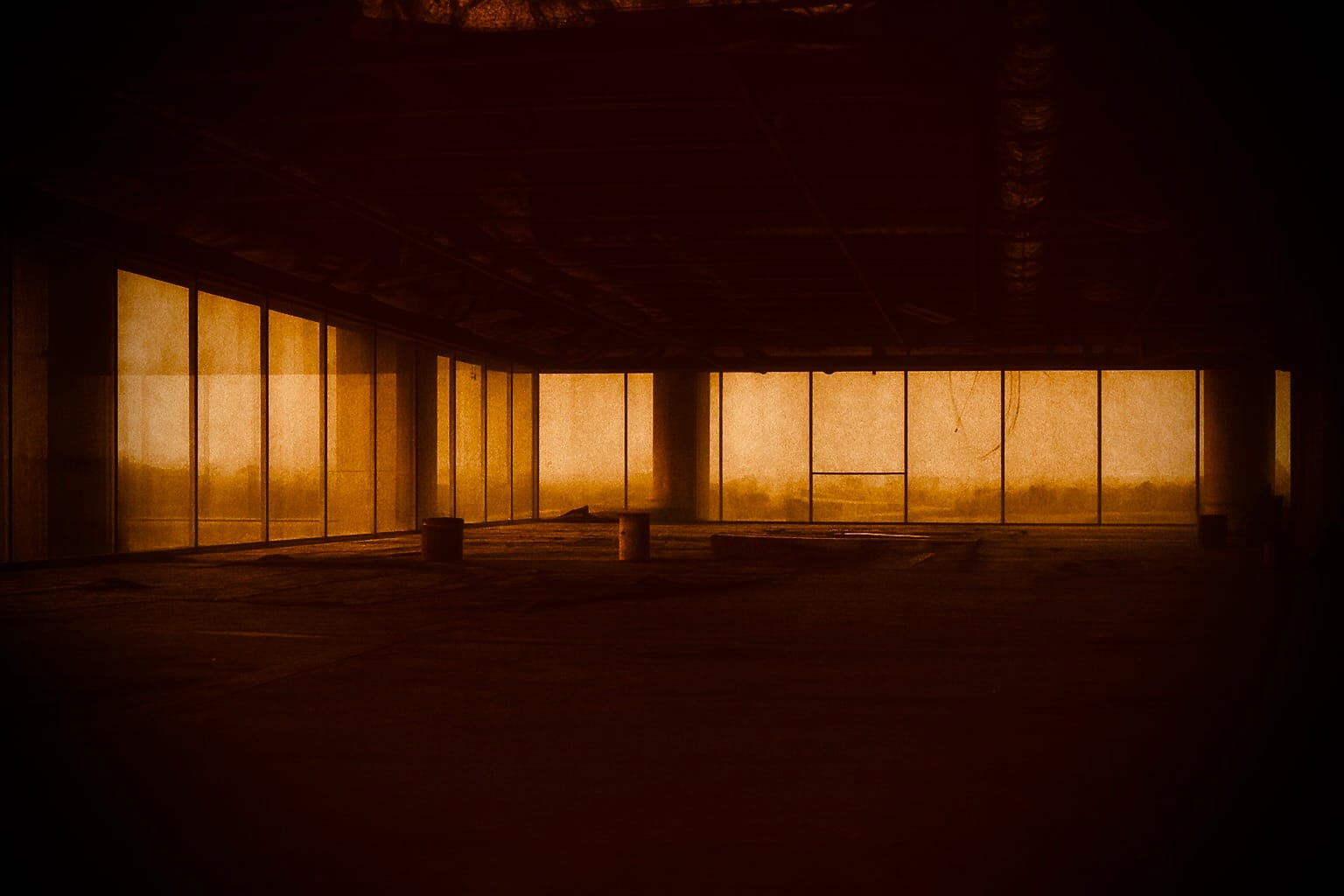And the Fiction of Possession
The courier left the package at the door without knocking. By the time I opened it, the tracking email had already marked it as "delivered." A brown, unmarked box—indistinguishable from the dozen others that arrive on this quiet street each week, except for the company's faint code printed along the seam.
Inside, the laptop was wrapped in rigid foam, its corners squared with the usual impersonal precision. It smelled of warehouse—dry cardboard and the metallic hint of stored, stagnant air. There was no greeting note, no acknowledgment of its past life. Just another replacement.
The weight surprised me—heavier than expected for a 13-inch screen, as if it carried more than circuits and silicon. When I pressed the power button, the machine hesitated. The screen flickered once, and for an instant—too brief for certainty—an unfamiliar username appeared, then vanished into the corporate login page. A black system screen flickered in its place before that too disappeared. The keyboard felt broken in by someone else's habits. The E key sat lower than the rest, polished smooth. A diagonal scratch ran across the trackpad—I traced it with my finger, wondering if it came from a wedding ring, day after day of the same gesture wearing through the surface. The lid bore a sticker's ghost—a cloudy, tacky rectangle of uneven adhesive against the laptop's brushed metal finish.
I logged in for the first time. The machine hummed, patient but not eager, as though it had done this for dozens of other users before me. Another reluctant opening, like my kitchen drawer that stops three-quarters through—keeping secrets while pretending to share them.
By nine o'clock, the laptop had carried me into the grid. Twenty-five rectangles in their rows, each holding a face lit from a different corner of the world—some washed in morning light, others deep in evening's grainy blue. I recognized some of them by name, not voice.


